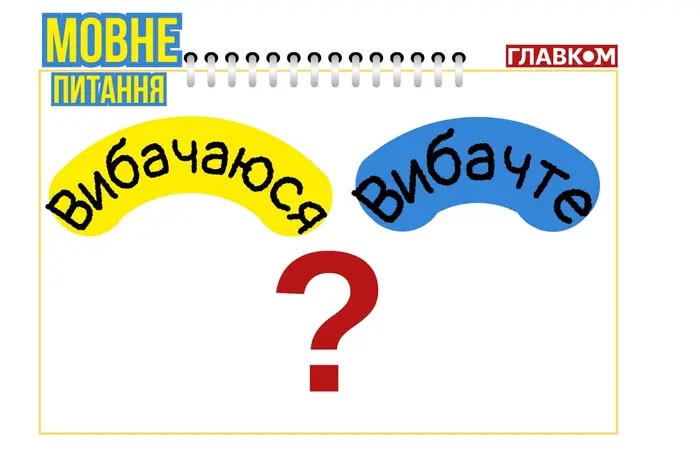Protecting service sector employees from client rudeness. An unusual regulation adopted in Japan.


The Tokyo government has decided to introduce a regulation to protect service sector staff from kasuhara, a Japanese form of 'customer harassment'. According to data confirmed by Japan's renowned high quality of service and The Guardian, the behavior of some customers leaves much to be desired.
Despite the lack of penalties, the introduced regulation aims to highlight the problem and help staff avoid trouble. A union survey showed that nearly half of the service sector employees were insulted by clients.
One example of inappropriate behavior is when a shopper accused a supermarket assistant manager in Tokyo that the product he bought was expired. This incident caused anger and frustration among service workers.
Local government agencies are also starting to take this problem seriously. One official emphasized that service staff are also human and should not endure unfair treatment.
The Ministry of Labor is also exploring the possibility of strengthening legislation to combat kasuhara in various sectors, including public transport and restaurants.
The Tokyo assembly passed the regulation in early October, prohibiting customer harassment anywhere. However, the regulation acknowledges the need for feedback to businesses.
It is also worth noting that Japan is known for its reserved nature and hostility towards tourists. European culture is significantly different from the well-known Japanese culture here. Leaving tips is considered inappropriate, as the concept of tipping does not exist here.
Read also
- May 9 - the day of the transfer of the relics of Saint Nicholas the Wonderworker: history and significance of the event
- Came to his daughter in a dream and said he was going home... Let's remember Oleksandr Sidletskiy
- US Department of Defense Begins Discharge of Transgender Military Personnel
- India announced strikes on Pakistan's military stations
- The New Pope Francis Criticized the Statement of the Vice President of the USA Jay D. Vance
- Sorry or I apologize? Linguist debunks common stylistic myth










